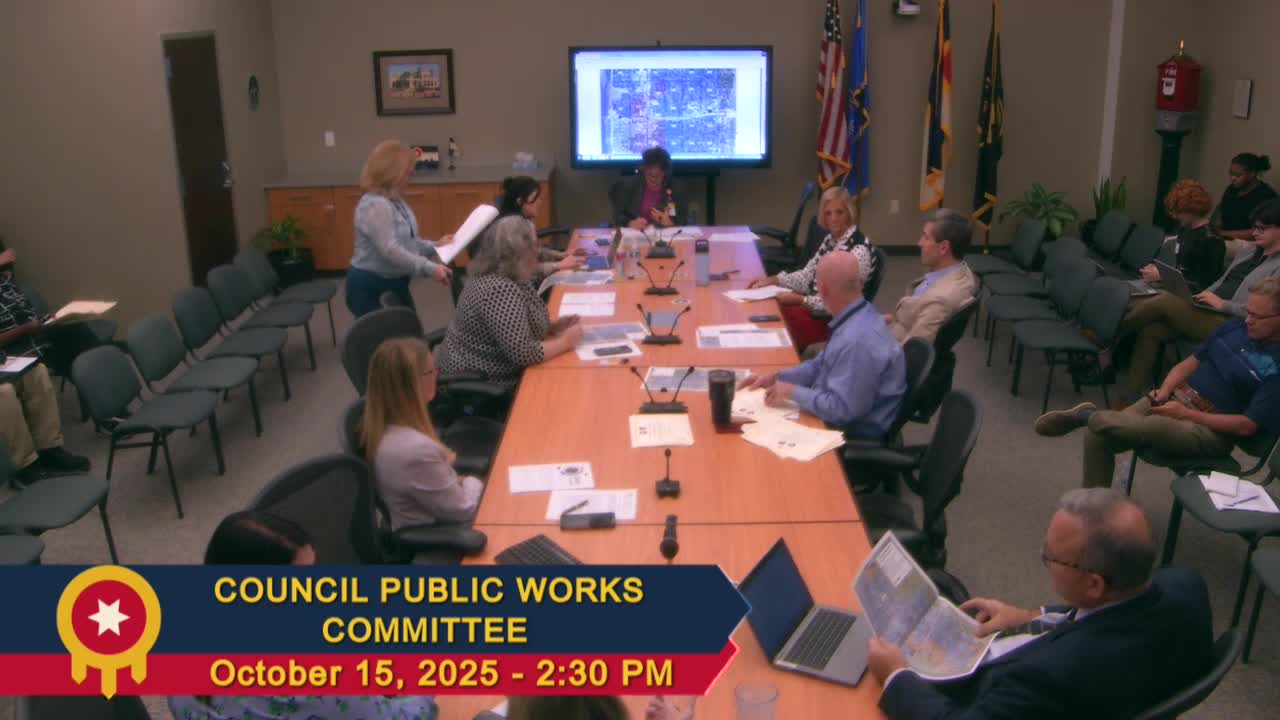Staff proposes changes to special-event permitting, including higher fees and shorter lead times for late applications
Get AI-powered insights, summaries, and transcripts
Subscribe
Summary
A working group presented proposed amendments to Tulsa’s special-event permitting and fee structure: shorter deadlines, new late fees, increased cost-recovery rates for city staffing and higher film-permit fees. Staff cited extensive late submissions in 2024 and suggested a report early in 2027 to measure effects.
City staff and a council working group presented proposed changes to Title 37 (special events) and Title 49 (permit fees) aimed at improving interdepartmental coordination and recovering city costs for event support.
Marissa Gomez, council staff, and Danette Williams, Development Services Permit Center manager, said 2024 data showed 286 special-event applications submitted to the permit center: 244 classified as major events and 42 as minor events. They said 249 applications (about 87%) were submitted late; of those, 214 were major and 35 were minor. Staff also said 272 of the 286 permits were issued 10 days or fewer before the event, which staff said strained police, fire and other operational planning.
Proposals discussed included: raising cost-recovery rates for departments that staff events (asset management/security rates proposed to increase from $30 to $45 per hour phased over three years); new late-application fees (examples: $200 for major events submitted fewer than 60 days before the event; $150 additional fee if an event extends more than a month; $100 for minor events submitted fewer than 40 days; $100 for film permits submitted under 10 days); and shorter application deadlines in some categories (major events: 90 days to 60 days; monthly recurring events: varied changes including 90 to 30 days in some public-right-of-way cases).
Skipper Baines, special events coordinator, said film permits would be allowed as single permits covering multiple dates and locations (to reduce repeat paperwork) and staff proposed raising film-permit fees for private-property filming from $80 to $150 and public-right-of-way filming from $242 to $450. Many fee changes align with prior police and fire fee increases adopted in June under the FY25–26 budget.
Staff proposed an implementation communications plan (press release, mass email to prior applicants and website updates) and said they would report back in the first quarter of the implementation year (proposed 2027 or sooner) to show whether late fees reduced last-minute filings.
Councilors asked how the changes compare with peer cities. Staff said they had compared with San Diego, Wichita, Fort Worth, Oklahoma City and some New Mexico jurisdictions and believed Tulsa’s changes would be comparable. Councilors also discussed practicalities such as administratively approved film permits, street-closure coordination and the challenge that short lead times do not guarantee placement on a council agenda.
No council vote on the ordinance changes was recorded in the transcript; staff said they planned to publicize the changes and to begin implementation on Jan. 1 of the announced year if the ordinance is adopted.
